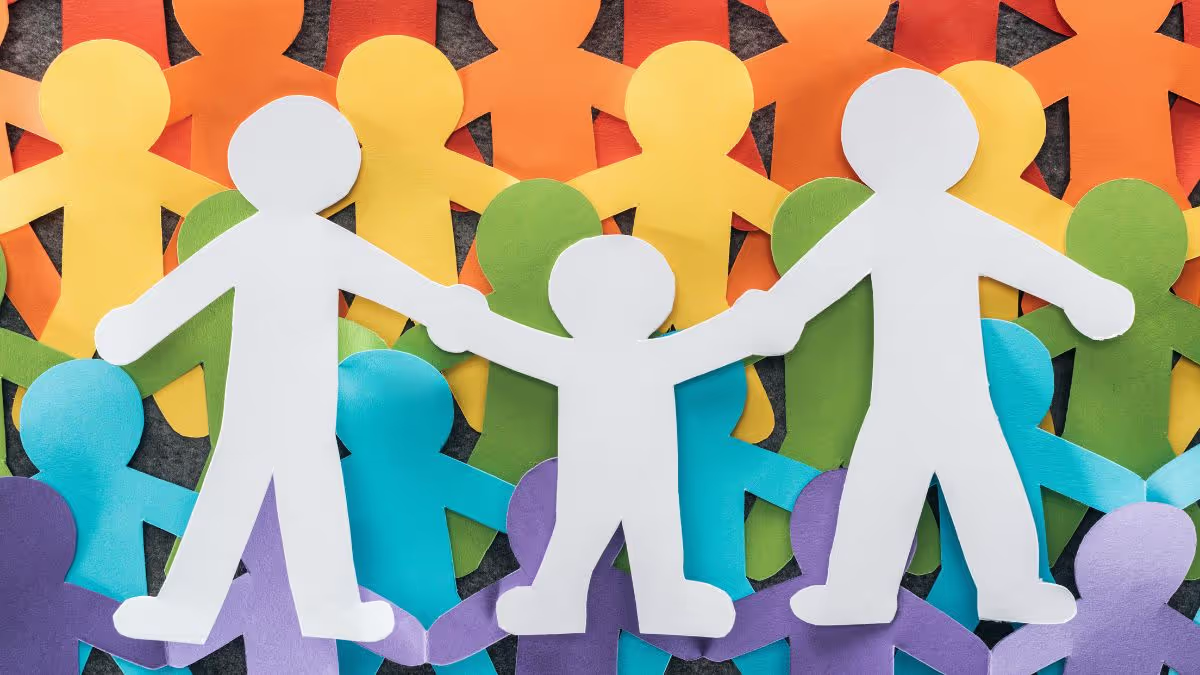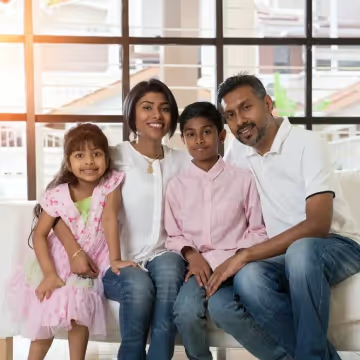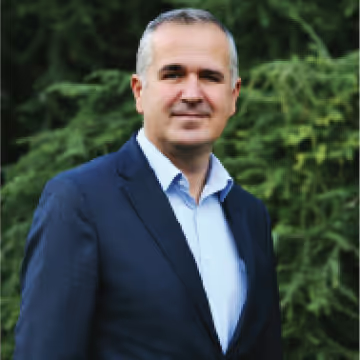CBI Citizenship for LGBTQ+ Families
In a world where who you love or how your family is formed can still dictate your legal rights, second citizenship isn't just a luxury—it's a lifeline.
For LGBTQ+ individuals and families, particularly those with children born abroad or through assisted reproductive technologies, the stakes are personal, profound, and pressing.
Birthright, Bureaucracy, and Belonging: When Citizenship Isn’t Automatic
Imagine this: a child born outside the United States to a legally married same-sex couple. Both parents are U.S. citizens, but only one is biologically related to the child.
In a heterosexual context, this child would likely receive U.S. citizenship with little hassle. But for same-sex couples, especially male couples using gestational surrogacy, the legal terrain becomes murkier. Lawsuits against the State Department have exposed how citizenship and immigration policies can lag behind marriage equality, effectively denying citizenship to children born to gay married couples.
This legal gray zone underscores why a growing number of LGBTQ families are turning to a second citizenship. It isn’t just about mobility—it’s about security, recognition, and rights.
The State Department Isn’t Always On Your Side
Even after the State Department announced policy changes in 2021 to address some of these issues, inconsistencies remain. Couples still report cases where they must prove a biological connection to confer citizenship, or worse, where their marriage isn’t recognized for immigration purposes. For LGBTQ professionals with global careers or families with children born abroad, these gaps present unacceptable risks.
Choosing a country that recognizes same-sex marriage, supports assisted reproductive technologies, and offers pathways to residency or citizenship can radically shift what’s possible.
When the home country fails, another country might provide what should have been guaranteed from the start.

Malta, Marriage Equality, and the Power of Investment
Malta stands out among LGBT-friendly countries not only for recognizing same-sex marriage but for enshrining LGBTQ rights in its constitution. It offers a robust citizenship by investment program that includes a path to naturalization.
For same-sex married couples, this isn’t just about adding a passport to the portfolio—it’s about gaining entry into a society where your family structure isn’t questioned or diminished.
LGBTQ families often find Malta appealing not only for its progressive laws but also for its openness to children born outside the United States through surrogacy or adoption.
Through investment in real estate or government funds, high net worth individuals can secure not just citizenship, but dignity.
Beyond the Binary: Countries Where LGBTQ+ Families Thrive
Not all countries make it easy. In some jurisdictions, even residency by investment doesn’t shield LGBTQ individuals from discrimination. That’s why it’s crucial to focus not just on economic indicators but on civil rights landscapes.
Friendly countries for LGBTQ individuals include Spain, Greece, Canada, Portugal, and New Zealand—each offering welcoming policies, recognized legal marriages, and comprehensive healthcare, including for transgender people.
These destinations aren’t merely escape hatches from hostile home countries; they are platforms for full-spectrum living, where questioning your identity isn’t cause for rejection but reason for celebration.
Investment Migration: A Strategic Play for Future-Proof Families
For LGBTQ high net worth individuals, investment migration is more than a residency strategy. It’s a form of legacy planning. Citizenship to children, permanent residence options, and legal clarity for same-sex couples are all amplified through smart use of investment programs.
Assisted reproductive choices, surrogacy arrangements, and second-parent adoptions demand jurisdictions that understand modern family structures. Choosing the right country means not just asking "Can I get citizenship?" but "Will my family be safe, seen, and supported?"
In this age of policy change, backlash, and geopolitical tension, second citizenship offers something even more valuable than mobility: control.
Control over your legal rights, your family’s future, and your freedom to love without borders.
It’s not about fleeing. It’s about choosing. And for LGBTQ families, choice is everything.























